In the annals of American military history, there are those whose bravery transcends the battlefield and becomes a symbol of valor and sacrifice. Master Sergeant Fred William Zabitosky was one such man. A recipient of the Medal of Honor, the nation's highest military decoration, Zabitosky displayed unparalleled heroism during the Vietnam War. His story is not only one of combat gallantry but of enduring service and commitment to his fellow soldiers.

Early Life and Struggles: Fred William Zabitosky was born on October 27, 1942, in Trenton, New Jersey. Like many young men of his era, he grew up in a nation still healing from the aftermath of World War II and bracing for the turbulence of the Cold War. Little is publicly documented about his early personal struggles, but his decision to enlist in the U.S. Army at the age of 17 suggests a young man with a clear sense of purpose and a willingness to serve. Life in Trenton may not have hinted at the extraordinary legacy he would leave, but Zabitosky's journey was destined to leave a mark far beyond his hometown.
Military Enlistment and Heroics: In 1959, Zabitosky joined the United States Army and ultimately became a member of the elite 5th Special Forces Group (Airborne), a unit synonymous with high-risk reconnaissance and unconventional warfare during the Vietnam War. By 1968, he had risen to the rank of Staff Sergeant and was leading men in some of the most dangerous missions behind enemy lines.
It was during this time that his legendary bravery would be put to the ultimate test. Tasked with leading a long-range reconnaissance patrol deep within enemy-controlled territory in Laos, Zabitosky would soon find himself at the center of an intense and life-threatening firefight.
Defining Moment: On February 19, 1968, Zabitosky's 9-man patrol came under sudden attack by a large North Vietnamese Army force. Severely outnumbered and in hostile terrain, he immediately took command, organizing his men into defensive positions and personally exposing himself to withering enemy fire to direct their counterattack.
As the situation grew increasingly dire, Zabitosky ordered a tactical withdrawal to a designated landing zone, covering his team's movement with rifle fire and grenades. Upon regrouping, he moved from man to man, bolstering morale and controlling defensive fire. His calm leadership under pressure held the patrol together until air support and rescue helicopters arrived.
But the danger was far from over. After boarding a helicopter under fire, the aircraft was shot down. Thrown from the wreckage and grievously injured, Zabitosky regained consciousness and, ignoring his own crushed ribs and severe burns, crawled to the burning wreckage. He managed to pull the unconscious pilot from the flames and dragged him through enemy fire to safety, collapsing just feet from a rescue helicopter.
For these acts of extreme courage and sacrifice, Fred William Zabitosky was awarded the Medal of Honor by President Richard Nixon in 1969.
Post-War Life and Career: Zabitosky continued to serve in the Army after his Medal of Honor action, eventually retiring in 1977 with the rank of Master Sergeant. Rather than stepping away from service, he transitioned into a new role as a civilian counselor with the Department of Veterans Affairs. His post-military career exemplified a continued dedication to his brothers and sisters in arms, helping fellow veterans navigate the complex and often difficult path after combat.
Military Awards and Decorations: Fred Zabitosky's heroism earned him numerous accolades, chief among them the Medal of Honor. In addition, he received various awards over his distinguished military career, which likely included commendations such as the Purple Heart, Bronze Star, and Air Medal, among others typically associated with valor in combat—though these were not listed explicitly in the Wikipedia entry.
His Medal of Honor citation alone stands as a testament to his gallantry, highlighting his repeated selflessness and iron will in the face of overwhelming adversity.
And his legacy is carved into the hearts of those who wear the uniform and those who understand the true meaning of sacrifice. His actions on that fateful day in 1968 epitomize the very essence of courage, leadership, and selfless service. Though he passed away at the age of 53 in 1996 following surgery for a brain tumor, his memory lives on—not just in medals or monuments, but in the lives of the men he saved and the countless veterans he counseled.
Today, a road on Fort Bragg bears his name, a small yet powerful reminder that real heroes walk among us, and some—like Fred Zabitosky—run toward the fire when others retreat. His story will forever be a shining chapter in the narrative of American valor.
